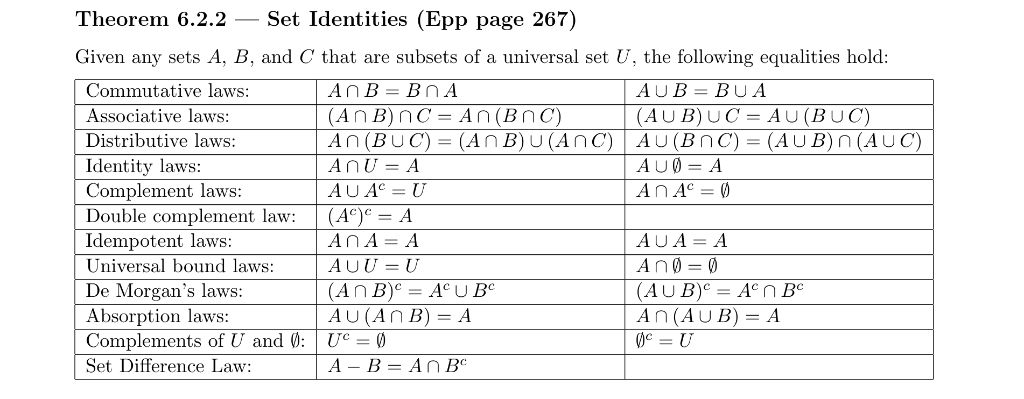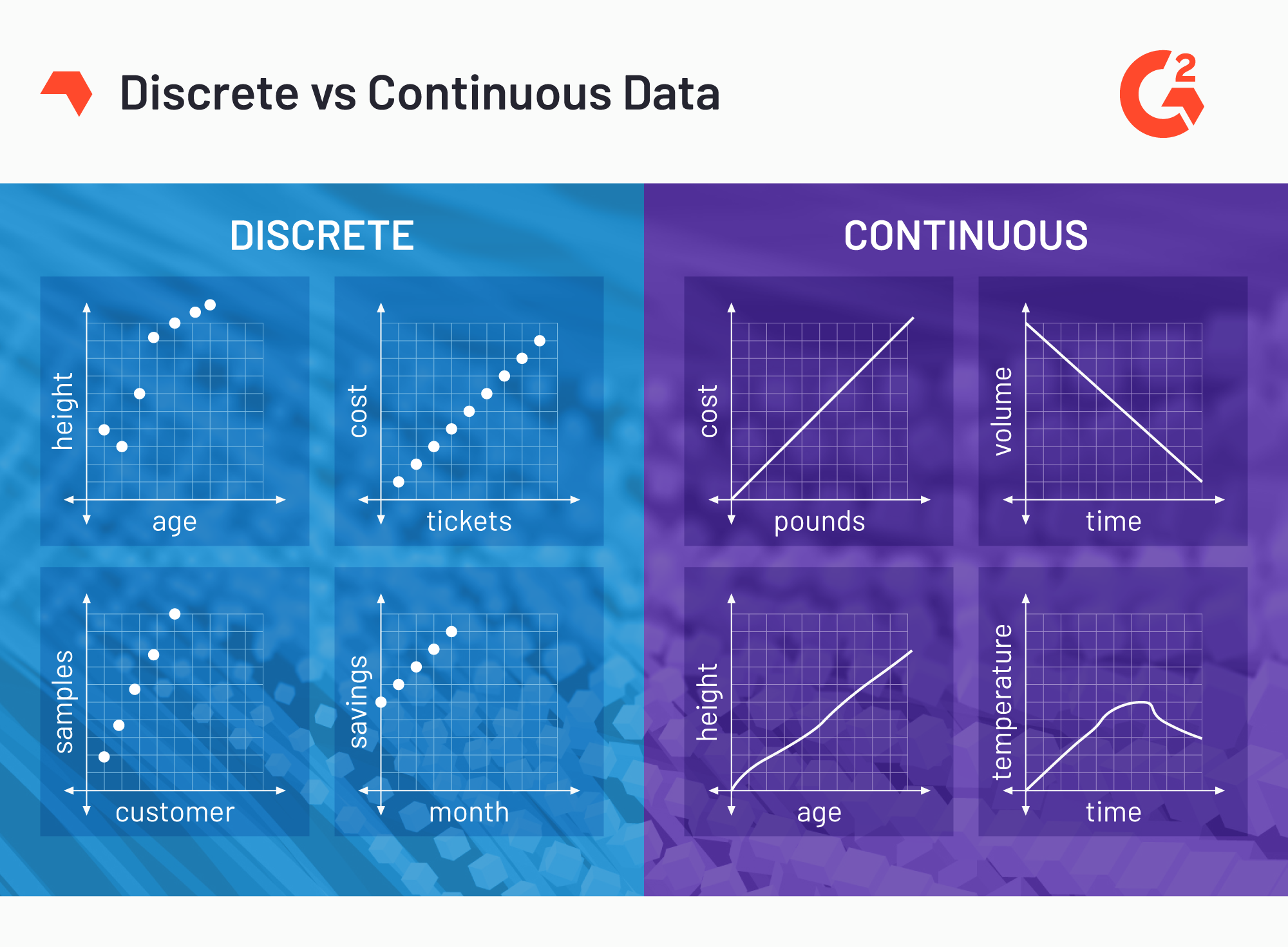In studying the principles of discrete mathematics, one important concept that often comes up is the idea of sets. Simply put, a set is a collection of distinct objects, or elements, that share a common characteristic or property. Sets are often represented using braces , and elements are separated by commas.
Sets in Discrete Mathematics

One way that sets are used in discrete mathematics is to define a universal set, which is a set that contains all the elements being considered. From there, subsets can be defined based on certain criteria. For example, if we have a universal set U that represents all whole numbers from 1 to 10, we could define a subset A that contains all even numbers in U by writing A = 2, 4, 6, 8, 10.
Another important set-related concept in discrete mathematics is the idea of functions. A function is a type of relation between sets, where each input value from one set is assigned a unique output value from another set. Functions can be represented using arrows or mappings, and they are useful for modeling real-world situations where one set of values depends on another.
Recognizing, Finding, and Writing Fractions

In addition to sets and functions, discrete mathematics also encompasses the study of fractions. Fractions are a way of representing a part of a whole, or a ratio between two quantities. In discrete mathematics, we often work with discrete sets of objects or quantities, which means that fractions are represented using whole numbers instead of decimals.
When working with fractions in a discrete set, we can recognize them by counting the number of elements with the desired property and expressing it as a ratio with the total number of elements. For example, if we have a set of 10 marbles, and 3 of them are red, we can write the fraction of red marbles as 3/10.
We can also find fractions of a discrete set by using division. For example, if we have a set of 20 apples, and we want to divide them equally among 4 people, we could write the fraction of apples that each person would receive as 20/4, or 5.
Finally, we can write fractions of a discrete set using fractions notation, where the numerator represents the number of elements with the desired property, and the denominator represents the total number of elements. For example, if we have a set of 15 animals, and 2 of them are cats, we could write the fraction of cats as 2/15.
Understanding sets, functions, and fractions is essential to mastering the principles of discrete mathematics, and it can be applied to a variety of real-world situations. Whether you're counting objects, analyzing data, or designing algorithms, the tools of discrete mathematics can help you make sense of complex systems and find solutions to challenging problems.
If you are searching about Solved Prove the given identity. Cite a property from | Chegg.com you've came to the right place. We have 6 Pics about Solved Prove the given identity. Cite a property from | Chegg.com like Solved Prove the given identity. Cite a property from | Chegg.com, Discrete Data - Cuemath and also Discrete Data - Cuemath. Read more:
Solved Prove The Given Identity. Cite A Property From | Chegg.com
 www.chegg.com
www.chegg.com theorem discrete sets identities following
Discrete Data - Cuemath
 www.cuemath.com
www.cuemath.com discrete observe graphical modes
Discrete Vs Continuous Data – What’s The Difference?
 www.g2.com
www.g2.com discrete graph variables
Discrete Data - Cuemath
 www.cuemath.com
www.cuemath.com discrete
Recognise, Find And Write Fractions Of A Discrete Set Of Objects - Unit
 masterthecurriculum.co.uk
masterthecurriculum.co.uk fractions discrete recognise denominators
Sets In Discrete Mathematics
 www.slideshare.net
www.slideshare.net discrete mathematics
Discrete data. Discrete data. Discrete mathematics

0 Post a Comment: